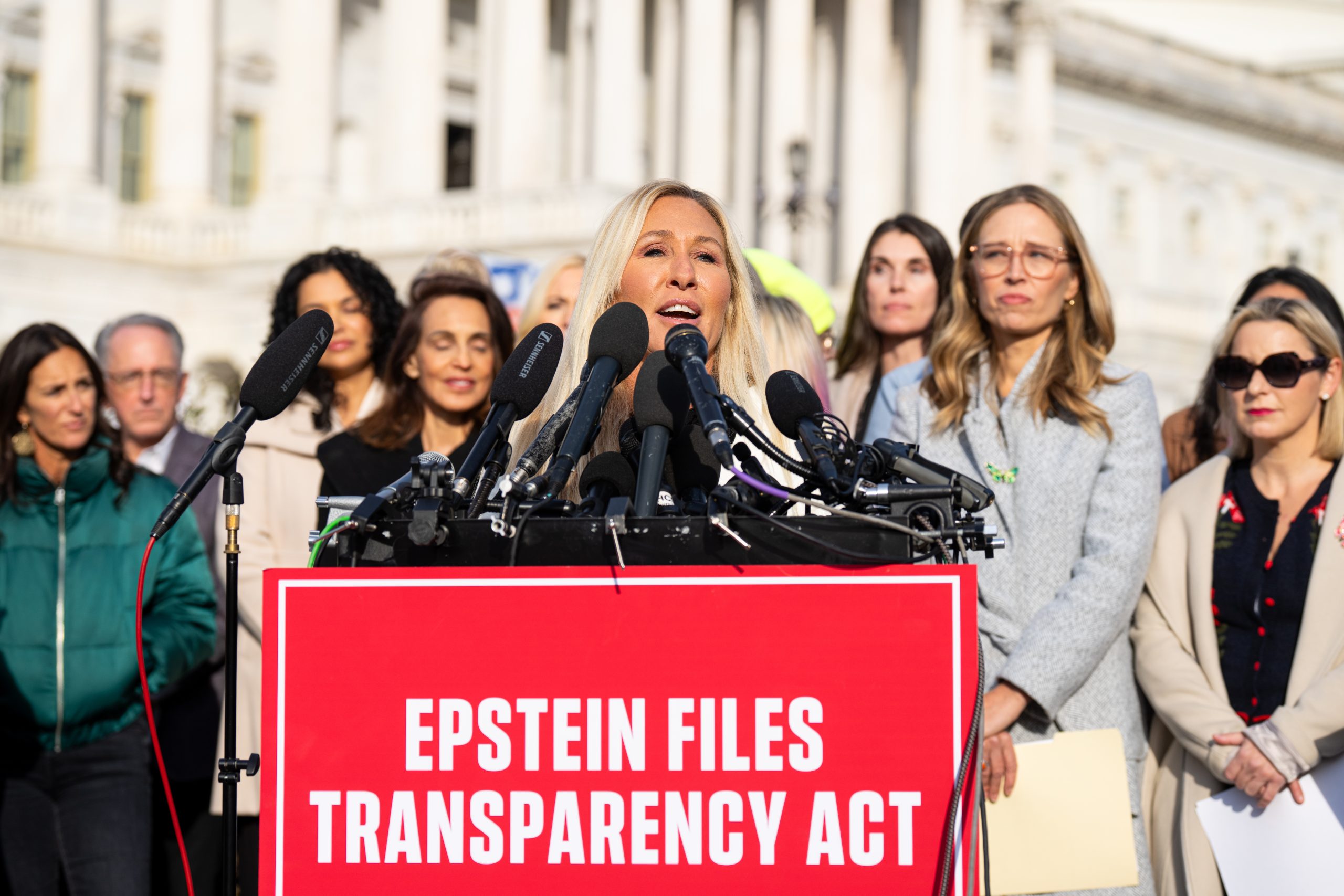MTG’s Trump Rift: Epstein Files Expose Deeper Divide
A schism is widening between former President Donald Trump and Georgia Representative Marjorie Taylor Greene, a once staunch ally. While the stated reason centers on the release of Jeffrey Epstein-related documents, political analysts suggest the rift exposes a more fundamental divergence in their priorities and political strategies.
The Epstein Flashpoint
Greene, who has cultivated an image as a champion for Epstein’s victims, publicly criticized Trump for his perceived reluctance to push for the full release of Justice Department files pertaining to the disgraced financier. This move appeared to contradict Greene’s long-held unwavering support for Trump, even amidst criticism. The conflict intensified as Congress considered legislation aimed at making these files public, highlighting the apparent discrepancy between Greene’s advocacy and Trump’s position.
Beyond Epstein: A Shift in Allegiances?
The public disagreement raises questions about Greene’s future political trajectory. Is she attempting to distance herself from Trump as he faces mounting legal challenges and potentially diminished influence within the Republican party? Or is this a calculated move to appeal to a broader base of voters by demonstrating independence and prioritizing issues like justice for victims of abuse?
Some observers suggest that Greene, known for her controversial statements and alignment with the far-right, might be seeking to redefine her brand and appeal to a wider electorate, potentially positioning herself for future leadership roles within the Republican party. Publicly disagreeing with Trump, even on a seemingly specific issue like the Epstein files, could be a strategic move to demonstrate her independence and appeal to voters who are weary of Trump’s influence.
A Test of Loyalty and Political Futures
The evolving relationship between Trump and Greene will be closely watched. This disagreement serves as a crucial test of loyalty within the Republican party and could signal a broader realignment of political forces as the 2024 election cycle approaches. Whether this is a temporary bump in the road or a sign of a permanent fracture remains to be seen, but it undeniably adds another layer of complexity to the ever-shifting landscape of American politics.
Based on materials: Vox





